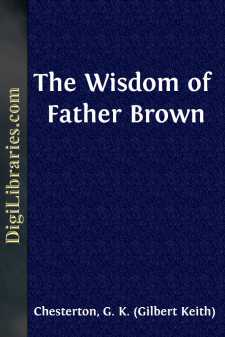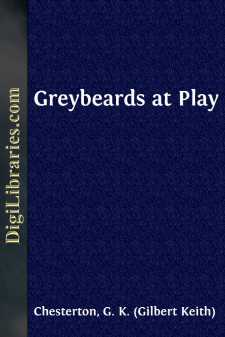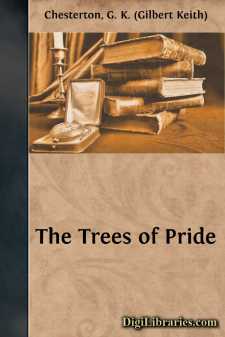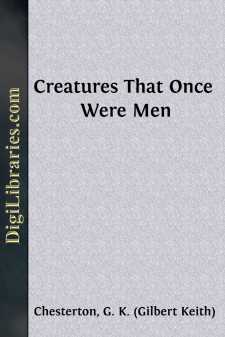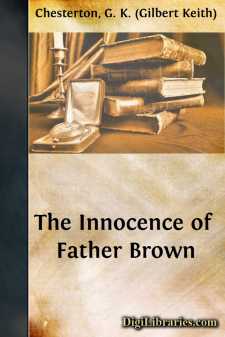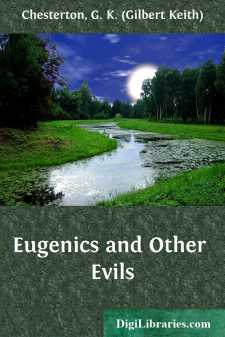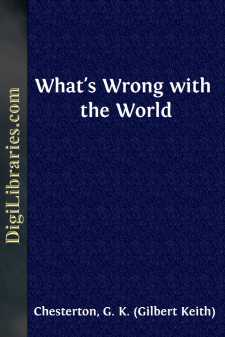Categories
- Antiques & Collectibles 13
- Architecture 36
- Art 48
- Bibles 22
- Biography & Autobiography 815
- Body, Mind & Spirit 144
- Business & Economics 28
- Children's Books 18
- Children's Fiction 14
- Computers 4
- Cooking 94
- Crafts & Hobbies 4
- Drama 346
- Education 58
- Family & Relationships 59
- Fiction 11834
- Games 19
- Gardening 17
- Health & Fitness 34
- History 1378
- House & Home 1
- Humor 147
- Juvenile Fiction 1873
- Juvenile Nonfiction 202
- Language Arts & Disciplines 89
- Law 16
- Literary Collections 686
- Literary Criticism 179
- Mathematics 13
- Medical 41
- Music 40
- Nature 179
- Non-Classifiable 1768
- Performing Arts 7
- Periodicals 1453
- Philosophy 65
- Photography 2
- Poetry 896
- Political Science 203
- Psychology 44
- Reference 154
- Religion 515
- Science 126
- Self-Help 85
- Social Science 82
- Sports & Recreation 34
- Study Aids 3
- Technology & Engineering 59
- Transportation 23
- Travel 463
- True Crime 29
Sort by:
ONE — The Absence of Mr Glass THE consulting-rooms of Dr Orion Hood, the eminent criminologist and specialist in certain moral disorders, lay along the sea-front at Scarborough, in a series of very large and well-lighted french windows, which showed the North Sea like one endless outer wall of blue-green marble. In such a place the sea had something of the monotony of a blue-green dado: for the...
more...
THE CASE FOR THE EPHEMERAL I cannot understand the people who take literature seriously; but I can love them, and I do. Out of my love I warn them to keep clear of this book. It is a collection of crude and shapeless papers upon current or rather flying subjects; and they must be published pretty much as they stand. They were written, as a rule, at the last moment; they were handed in the moment before...
more...
A DEDICATION TO E.C.B. He was, through boyhood's storm and shower, My best, my nearest friend; We wore one hat, smoked one cigar, One standing at each end. We were two hearts with single hope, Two faces in one hood; I knew the secrets of his youth; I watched his every mood. The little things that none but I Saw were beyond his wont, The streaming hair, the tie behind, The coat tails worn in front....
more...
I. THE TALE OF THE PEACOCK TREES Squire Vane was an elderly schoolboy of English education and Irish extraction. His English education, at one of the great public schools, had preserved his intellect perfectly and permanently at the stage of boyhood. But his Irish extraction subconsciously upset in him the proper solemnity of an old boy, and sometimes gave him back the brighter outlook of a naughty...
more...
It is certainly a curious fact that so many of the voices of what is called our modern religion have come from countries which are not only simple, but may even be called barbaric. A nation like Norway has a great realistic drama without having ever had either a great classical drama or a great romantic drama. A nation like Russia makes us feel its modern fiction when we have never felt its ancient...
more...
The Blue Cross Between the silver ribbon of morning and the green glittering ribbon of sea, the boat touched Harwich and let loose a swarm of folk like flies, among whom the man we must follow was by no means conspicuous—nor wished to be. There was nothing notable about him, except a slight contrast between the holiday gaiety of his clothes and the official gravity of his face. His clothes included a...
more...
WHAT IS EUGENICS? The wisest thing in the world is to cry out before you are hurt. It is no good to cry out after you are hurt; especially after you are mortally hurt. People talk about the impatience of the populace; but sound historians know that most tyrannies have been possible because men moved too late. It is often essential to resist a tyranny before it exists. It is no answer to say, with a...
more...
I. THE MEDICAL MISTAKE A book of modern social inquiry has a shape that is somewhat sharply defined. It begins as a rule with an analysis, with statistics, tables of population, decrease of crime among Congregationalists, growth of hysteria among policemen, and similar ascertained facts; it ends with a chapter that is generally called "The Remedy." It is almost wholly due to this careful,...
more...
A DEFENCE OF PENNY DREADFULS One of the strangest examples of the degree to which ordinary life is undervalued is the example of popular literature, the vast mass of which we contentedly describe as vulgar. The boy's novelette may be ignorant in a literary sense, which is only like saying that a modern novel is ignorant in the chemical sense, or the economic sense, or the astronomical sense; but...
more...
THE MAN WHO KNEW TOO MUCH I. THE FACE IN THE TARGET Harold March, the rising reviewer and social critic, was walking vigorously across a great tableland of moors and commons, the horizon of which was fringed with the far-off woods of the famous estate of Torwood Park. He was a good-looking young man in tweeds, with very pale curly hair and pale clear eyes. Walking in wind and sun in the very landscape...
more...


